This article is part of our Meat, Fish & Poultry Report 2015.
Two years ago fraud shook the meat market and weakened consumer trust in food products. Despite the industry having changed drastically over following months, recent headlines – involving adulteration of the herbs and spices industry, cumin with peanut shells and further horsemeat trafficking rings – show that the issue still persists in the industry. In this environment, businesses need to do more than ever to protect themselves from another major food fraud. Here are five points to consider:
1. Attitudes have changed
Professor Elliott’s seismic 2014 report into UK Food Supply Networks involved the proposal for a general shift in the attitude of food business, away from a defensive posture with ‘dusty shelf’ audits and towards a more proactive understanding of the vulnerabilities within their supply chains. Food businesses need to be much more astute to the threat that fraud poses to their products. The halcyon days of simply ensuring that a tick-box audit is in place are gone. It would now be difficult to establish a successful due diligence defence (which allows a food company to protect itself against liability by establishing it took reasonable precautions to avoid committing the offence), particularly where food had been purchased at below market rates.
2. Audits are on the rise
The immediate effect of the horsemeat crisis was an increase in audits, which can be a drain on the resources of a food industry with ever more squeezed margins. Food businesses need to review their own internal processes to ensure that their systems adequately reflect in practice those that are on paper. They should consider unannounced audits and more targeted checks on key vulnerabilities identified in any risk assessment.
3. Responsibility rests with the individual
Ultimate responsibility for any food fraud issue rests in the boardroom, with directors being potentially complicit where products are bought clearly under-value and no checks are carried out. Reference to implied knowledge and the risk of complicity are found in the recent consultation on sentencing guidelines for food safety and hygiene offences, where ‘culpability’ is likely to be the first step in deciding the severity of any fine. Where a commercial advantage has been obtained, the severity of fines will be increased.There is also much higher likelihood of individual prosecution of board members if they may be seen to have implied knowledge of some wrongdoing.
4. Penalties are increasing
Recent prosecutions in connection with the horsemeat contamination have concerned technical breaches in traceability and labelling requirements. For example, in April 2015, an individual was fined £8,000 with costs, and in the Netherlands a meat trader was sentenced to two and a half years for selling 300 tonnes of horsemeat labelled as beef. There is no longer a cap on maximum fines in the magistrates court (so called ‘level 5’ fines) and, as of 12 March 2015, magistrates have much greater discretion and flexibility in awarding fines. Recently consulted guidelines for fines for food safety and hygiene offences also propose using the financial circumstances of the offender as a starting point, stating fines should be “sufficiently substantial to have a real economic impact… to both management and shareholders”. As a result of this, certainly for larger food organisations, it is likely that fines imposed in this area will rise significantly.
5. Enforcement is increasing
Fraud does not respect national barriers and thrives in the gaps between organisations and enforcement. To combat this, a new layer of enforcement has been provided at both EU and UK level with the creation of European judicial agency Eurojust and within the UK’s Food Standards Agency, the Food Crime Unit (FCU). Eurojust was seen in action in April when it coordinated a number of raids across Europe on a horsemeat trading ring. The effectiveness of the FCU will no doubt be revealed in the next few years too.Since the horsemeat crisis, the same pressures remain for business, but with an increased expectation of their checks and balances, a more centralised enforcement system and the probability of increased penalties.
Jessica Burt is a specialist food regulatory lawyer at national law firm Mills & Reeve
10 Things You Need To Know About... Meat, Fish & Poultry
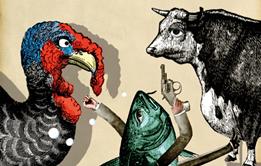
It’s time to talk turkey… and meat, fish and all other kinds of poultry. This week The Grocer unveils the latest in the 10 Things… series of digital features with an in depth look at the British meat, fish and poultry market.
- 1
- 2
- 3
- 4
- 5
- 6
- 7
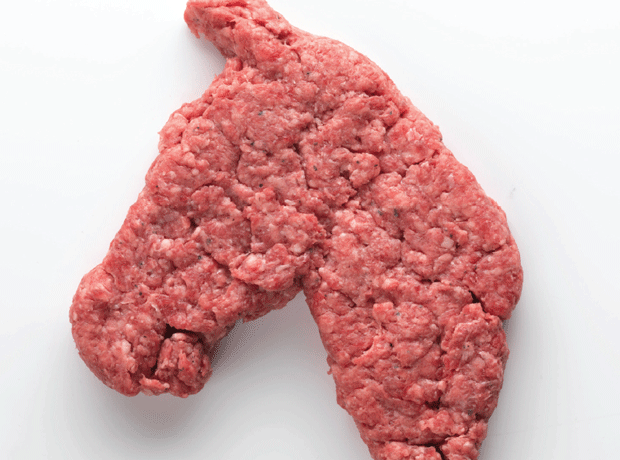 Currently
reading
Currently
reading
The legal view: Suppliers must step up scrutiny to fight fraud
- 9
- 10
- 11













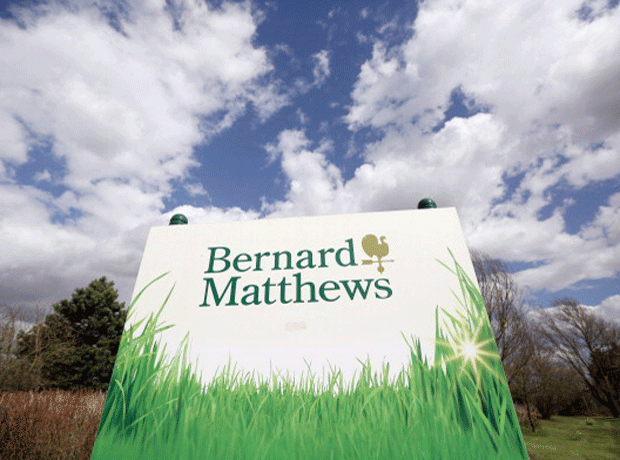














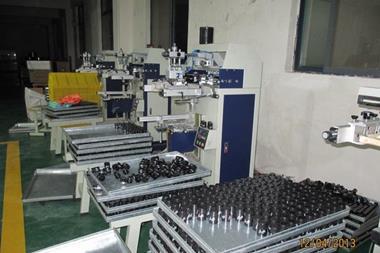
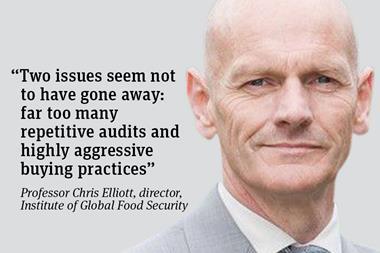








No comments yet